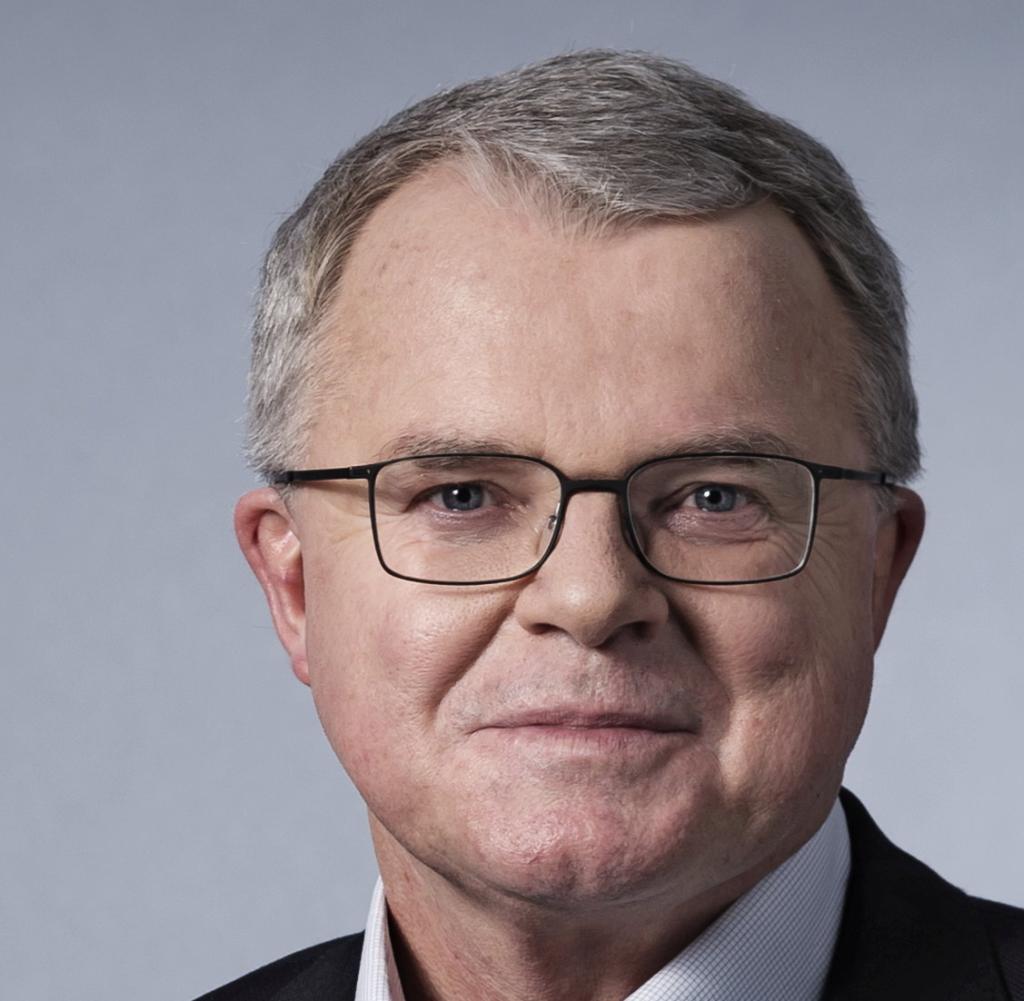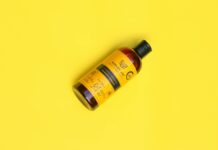The Nuremberg-based Diehl Group does not only want to profit from the expansion of its weapons production. The family-owned company is also planning to enter the disposal of “modern munitions and munitions with production defects” together with one of Germany’s leading companies for explosive ordnance disposal. According to WELT research, the company plans to set up a joint venture with the private Tauber Holding Germany group of companies.
It is not uncommon for arms companies to both manufacture weapons and also be active in the field of ammunition and weapons disposal. One example is the US arms and technology company General Atomics, which disposed of old ammunition on an area of around 190 hectares in the Spreewald and is now recycling batteries there. Even decades after the end of World War II and the Cold War and later the fall of the Berlin Wall, there are still huge amounts of ammunition left over, mostly underground or in the Baltic Sea, that need to be disposed of.
Another example is the Leopard tank manufacturer Krauss-Maffei Wegmann, which now trades as KNDS. Almost ten years ago, the company took over Germany’s largest tank scrapper, Battle Tank Dismanteling, based in Rockensußra in Thuringia. At the time, it was reported that thousands of military vehicles and 1,800 battle tanks alone had been destroyed since 1991. Hundreds of old tanks from the former National People’s Army were scrapped.
When asked, no details were given about the business plans and the area of operation of the planned new Diehl-Tauber joint venture. This means that it remains unclear whether the new company intends to get involved in the disposal of munitions from the Ukraine war. The new joint venture “with joint control” has just been registered with the Federal Cartel Office.
A Tauber spokesman explained when asked that the cartel proceedings would be completed before any further information about the activities could be provided. A spokesman for Diehl Defence made a similar statement. The “possibilities of a joint approach to the storage and disposal of explosive ordnance” were being investigated. In the event of cooperation, it would be “a sensible expansion of the current product portfolio for Diehl Defence”.
While the armaments division of the broadly positioned Diehl Group is likely to have increased sales from 810 million euros to over one billion euros in the past 2023 financial year, the private Tauber Group, which was founded 60 years ago, is highly specialized and considerably smaller with almost 600 employees. Sales figures are not given in the Federal Gazette either. The focus is on explosive ordnance disposal and special foundation engineering. In some federal states, Tauber operates as an explosive ordnance disposal service.
The company, with its parent company Tauber Holding Germany based in Nuremberg, speaks of worldwide activities in an earlier description. In the description created years ago, activities in Azerbaijan and Russia, in several European countries as well as on the Turkish-Syrian border and in Iraq are even mentioned.
It was not possible to clarify at short notice whether these activities are still taking place. Tauber is also part of a working group that is currently tasked with clearing the so-called “most toxic hole in the world”. In the former Dethlinger Pond in Lower Saxony, near the heath town of Munster, large quantities of ammunition and chemical warfare agents were dumped between the end of the Second World War and the 1950s. It is assumed that there are still up to 30,000 grenades on the site, which has since been filled in and covered.




